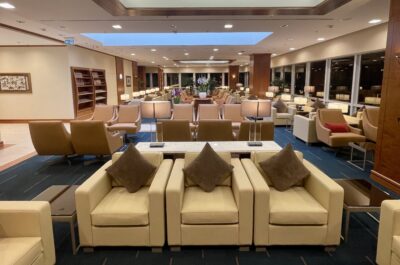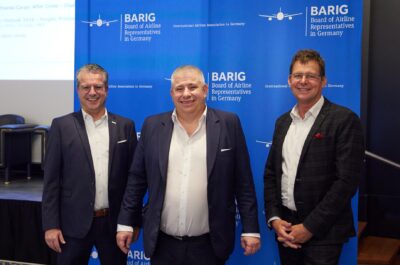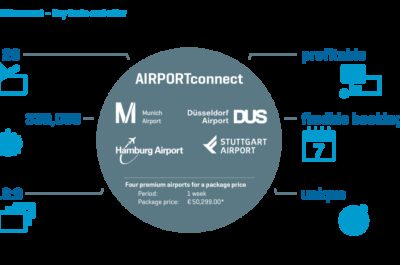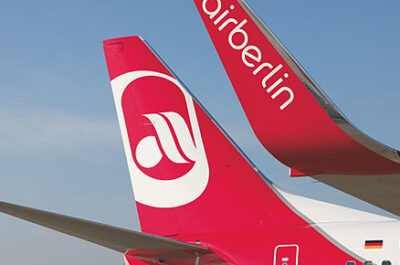airberlin, industry association BDL and Dusseldorf Airport jointly present their progress on energy efficiency in aviation.
airberlin, industry association BDL and Dusseldorf Airport reported on the latest developments in sustainability and environmental protection.
Wolfgang Prock-Schauer, Chief Executive Officer of airberlin explained: “With fuel consumption of 3.3 litres per 100 passenger kilometres, airberlin is leading the way when it comes to eco-efficiency. Between 1994 and 2013 we reduced our specific fuel consumption per passenger kilometre by a total of 25%. Our environmental protection commitment is an integral part of our corporate philosophy and is also an outstanding mark of quality which is becoming ever more important for passengers and business partners alike. With our extensive fuel efficiency programme, we are playing our part in using fossil fuels responsibly while at the same time making an important contribution to cutting costs.”
Klaus-Peter Siegloch, President of the German Aviation Association, said: “German airlines have set a new efficiency record by using an average of just 3.68 litres per passenger and per 100 kilometres. That helps with climate protection too. Altogether, 353 million litres of kerosene were saved compared with the previous year – equivalent to carrying 6.27 million passengers on the Berlin – Mallorca route.”
Thomas Schnalke, Managing Director of Dusseldorf Airport, explained: “We are firmly focused on the environment, because climate protection is a shared responsibility of our times. Since the price for our mobility is the use of energy, it is the aim of this airport to limit the consequences of our operations as far as possible.”
The most recent measure taken by airberlin has been the introduction of improved processes for carrying water on its A330-200 fleet. The water tank is no longer filled to maximum as standard but rather individually optimised for the requirement of each flight. As a result of this new procedure, airberlin is saving over 800 tonnes of fuel a year. That equates to the annual CO2 emissions of about 1000 cars on Germany’s roads.
airberlin is working tirelessly to reduce its fuel consumption for the sake of the environment. By means of a comprehensive fuel efficiency programme put together by airberlin experts, the airline is continually improving all the processes involved in flying and developing potential new areas of savings. airberlin’s team of experts has now come up with about 60 measures which offer potential savings. These concern areas such as flight planning, weight reduction, modernisation of aircraft and flight operations. Through all the measures implemented last year, airberlin reduced its CO2 emissions by a total of more than 70,000 tonnes. That corresponds to around 4,700 flights from Munich to Palma de Mallorca. In the medium term, airberlin aims to reduce its fuel consumption to 3 litres per 100 passenger kilometres.
For its commitment to environmental efficiency, airberlin has received numerous awards over the past few years. In 2013 airberlin won the award “Silver Eco-Airline of the Year” presented by the US industry magazine Air Transport World, amongst other honours.
airberlin is one of the leading airlines in Europe and flies to 171 destinations worldwide each year. The second largest airline in Germany carried more than 31.5 million passengers in 2013. airberlin offers a global route network through its strategic partnership with Etihad Airways, which has a 29.21% share in airberlin, and through membership of the oneworld airline alliance. The airline with the award-winning service operates codeshare flights worldwide with 18 airlines. The fleet has an average age of five years and is among the most modern and eco-efficient in Europe.
Vicky is the co-founder of TravelDailyNews Media Network where she is the Editor-in Chief. She is also responsible for the daily operation and the financial policy. She holds a Bachelor's degree in Tourism Business Administration from the Technical University of Athens and a Master in Business Administration (MBA) from the University of Wales.
She has many years of both academic and industrial experience within the travel industry. She has written/edited numerous articles in various tourism magazines.





















































































































































































